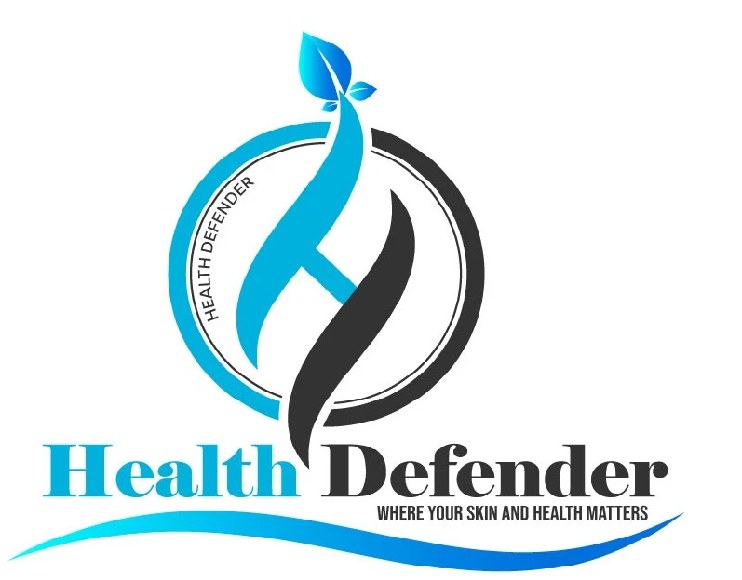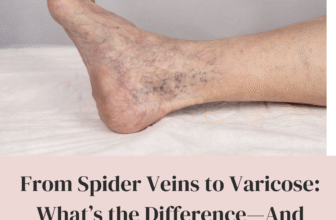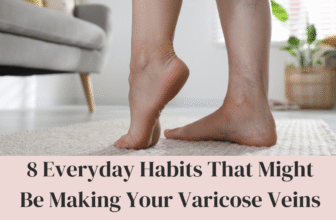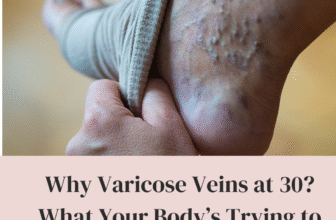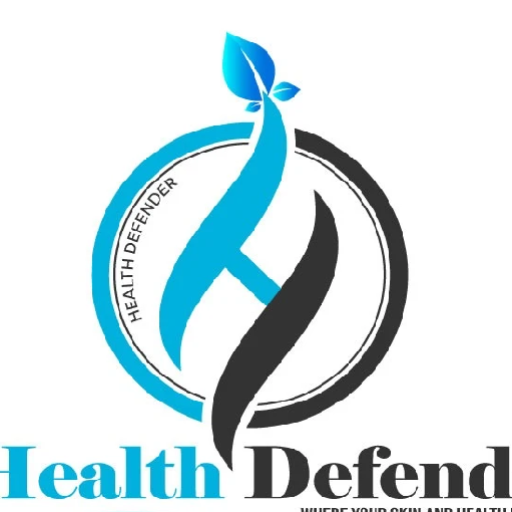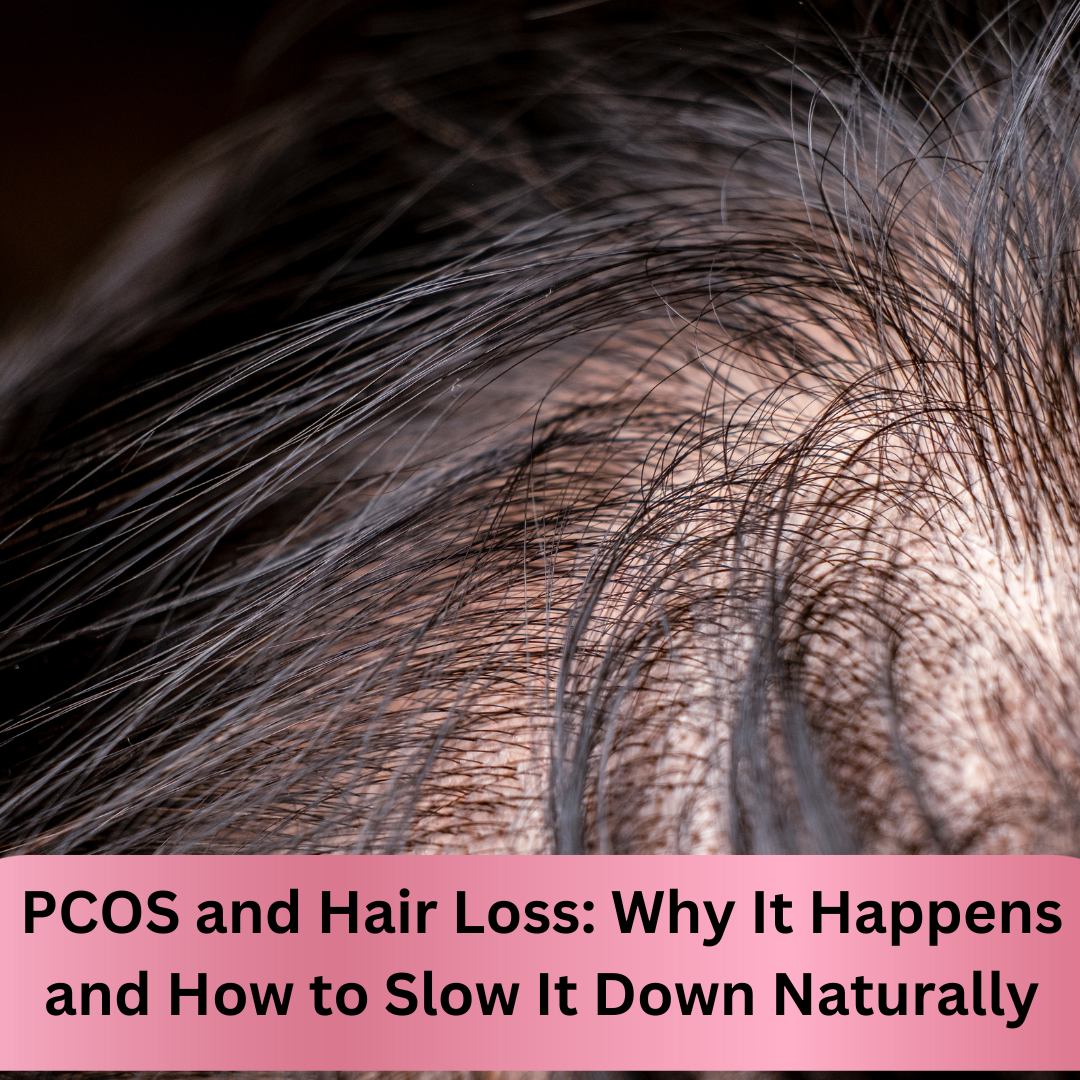
You’re in the shower—shampoo in your hands. You rake your fingers through your scalp… and there it is again—another clump of hair.
Your heart sinks.
You tell yourself it’s normal. That everyone sheds hair.
But deep down, you know this isn’t the usual shedding.
It’s happening too fast. Too often.
And you’re scared.
No one warned you that PCOS could do this.
They talk about irregular periods. They talk about weight gain.
But this? Watching your hair thin out, your ponytail shrink, your hair loss patches widen?
It feels deeply personal.
Like your identity is being stripped strand by strand.
Maybe you’ve tried everything.
Collagen powders. Biotin gummies. Hair oils that smell like a spice rack.
Even that weird scalp massager you saw on TikTok.
You’re trying to stay calm. You’re trying not to obsess.
But when your hairbrush starts looking like a small animal?
It’s hard not to panic.
And worse, no one seems to get it.
Your doctor shrugs it off.
Friends say, “It’s probably stress.”
But you know your body.
You know something’s off.
And all you want is to understand what’s going on—and how to stop it naturally, without pumping yourself full of meds that come with a dozen side effects.
Here’s the truth:
Hair loss with PCOS isn’t just “bad luck.”
It’s not just genetics.
And no—you’re not imagining it.
It’s real. It’s common.
And yes, it’s devastating.
Because it’s not just about hair.
It’s about confidence.
It’s about control.
It’s about waking up and recognizing yourself in the mirror again.
So, what’s going on?
To get the full picture, you’ve got to zoom in—way in.
Like, down-to-the-hormonal-level.
See, PCOS throws your hormones out of whack in a big way.
And one hormone in particular starts acting like the loudest, rudest guest at the party:
Androgens.
These are the “male” hormones that every woman has. But in PCOS, they’re off the charts.
They mess with your ovaries, your skin, your cycle—and yes, your hair.
Too many androgens shrink your hair follicles over time.
They make them miniaturize.
So instead of growing thick, healthy strands, your follicles produce thin, fragile hairs… or stop growing them.
It’s called androgenic alopecia. And for women with PCOS, it’s way more common than people talk about.
But here’s where it gets even trickier:
You might also be dealing with insulin resistance.
And if you are, that adds fuel to the hormonal fire.
When your body struggles to process insulin, it pumps out more.
More insulin = more androgens.
More androgens = more hair loss.
See the spiral?
It’s a vicious, silent loop.
And if you’re only addressing the surface by rubbing oil on your scalp or praying that expensive shampoo works.
The root—literally and metaphorically—is deeper.
But here’s the good news.
You’re not stuck.
Hair loss isn’t a life sentence.
You can slow it down.
You can even reverse it in many cases.
You can grow your hair back.
Naturally. Gently.
Without adding chaos to an already delicate system.
The key is understanding your unique PCOS puzzle—and rebuilding from the inside out.
So, if you’re standing in front of the mirror, wondering:
- Why is my hair thinning like this?
- Is it stress… or something deeper?
- Can I fix this without prescription meds?
- Will I ever feel confident with my hair again?
You’re in the right place.
This isn’t about hype. It’s not about quick fixes.
This is about connection.
With your body. With your hormones. With what’s actually going on beneath the surface.
Now, let’s bust a few myths real quick.
Myth #1: “Hair loss only happens if you have high testosterone.”
Nope. You can have “normal” lab levels and still experience hair loss. Why? Because your hair follicles might be more sensitive to androgens. It’s not always about how much hormone you have—it’s how your body responds to it.
Myth #2: “You need Rogaine or finasteride or spironolactone to fix it.”
Wrong again. While those might work for some, they don’t get to the root of PCOS. And sometimes, they come with tradeoffs—like mood changes, fertility issues, or worse, hair shedding when you stop. Natural, lifestyle-based solutions might not be flashy, but they’re sustainable. They work with your body—not against it.
Myth #3: “You just have to accept it. It’s genetic.”
Yes, genetics can play a role. But your genes are not your destiny. Epigenetics—how your environment affects gene expression—matters. You can get better results through nutrition, stress management, sleep, and targeted supplementation.
And now, let’s be honest about something else:
You’re not just worried about how your hair looks.
You’re concerned about what this means for your health.
Because hair is like a messenger.
It often tells you when something’s out of balance.
When your body is fighting something unseen.
When it’s time to pay attention.
So yeah, the thinning hair is heartbreaking.
But it’s also your body waving a flag.
Not to shame you—but to ask for help.
If no one has said this to you yet, let me be the first:
You’re not crazy.
You’re not broken.
You’re not vain for caring about your hair.
And you’re not alone.
Thousands of women with PCOS are dealing with this every single day—silently.
Wearing hats, extensions, and buns so tight they hurt.
Feeling embarrassed. Avoiding mirrors. Cancelling plans.
But silence doesn’t heal.
And you deserve more than to “deal with it.”
So what can you do?
In the rest of this blog, we will get into it. All of it.
The root causes. The triggers. The hidden hormonal connections.
We’ll talk about natural solutions—foods, herbs, supplements, and habits—that nourish your follicles from the inside out.
We’ll here are remedies to get you started:
- Blend one onion and apply it on your scalp. Wait for ten minutes and wash your hair thoroughly.
- Fix your gut Microbiome by taking non-fortified nutritional yeast. It has all B vitamins except B12, which play a part in hair growth.
- Eat a balanced diet with low omega-6 foods
- Adding red meat from grass-fed cows
- Take Milk Thistle to fix the insulin resistance
Because when you understand what’s happening, you can do something about it.
And when you support your body the right way? It responds.
Your hair responds.
Your energy responds.
Your confidence comes back.
And the mirror?
It starts to feel like a friend again.
You’re not here because you’re weak.
You’re here because you’re ready to take your power back.
And that starts with the truth.
Ready to dig in?
Go strand by strand—and restore your hair to its former glory.
